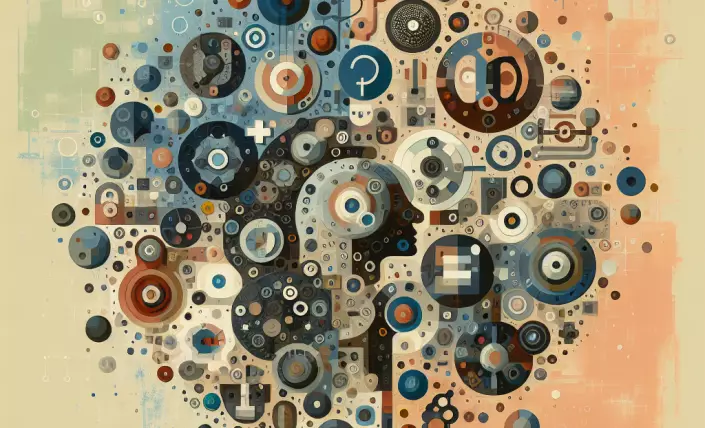In a world increasingly marked by global connectivity and vast cultural diversity, the tension between individual liberty and social responsibility becomes ever more pronounced. This conflict, central to the philosophy of John Stuart Mill, invites us to consider the delicate interplay between personal freedom and the collective good. Mill, a prolific thinker of the 19th century, provides a framework for examining this balance through his work on utilitarianism and the harm principle. These concepts challenge us to reflect on the nature of our personal freedoms and the ethical implications of our actions within society.
Mill’s utilitarianism posits that actions are right insofar as they promote happiness and wrong as they produce the opposite. This principle of utility, or the greatest happiness principle, compels us to consider the outcomes of our actions not only for ourselves but for the broader community. It is a call to transcend self-interest in favor of collective well-being. However, this raises significant questions about the limits of personal freedom. How do we reconcile the pursuit of individual happiness with actions that might be detrimental to others? Here, Mill introduces the harm principle, which asserts that the only justification for restricting an individual’s liberty is to prevent harm to others. This principle serves as a moral compass, guiding us in determining when societal intervention is warranted.
The challenge, then, is to navigate situations where individual desires conflict with societal norms. In contemporary discourse, this is evident in debates over freedom of speech, privacy, and public health. Each instance requires a careful evaluation of the potential harm versus the importance of maintaining individual rights. Mill's philosophy encourages us to engage in critical reflection, to weigh our choices not only by their immediate benefits but by their broader societal impacts. Ultimately, his work serves as a reminder that while our personal freedoms are vital, they must be exercised with a consciousness of our responsibility toward others. As we apply these principles to our lives, we cultivate a more empathetic and ethically aware society, one that values both individual autonomy and the collective good.










